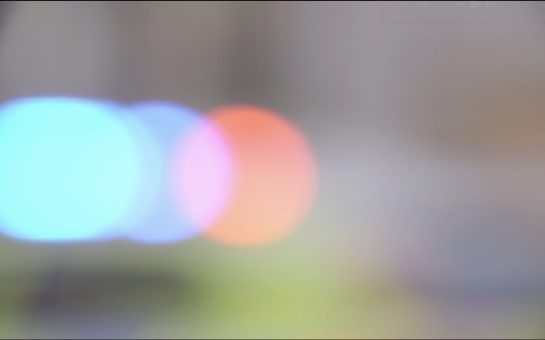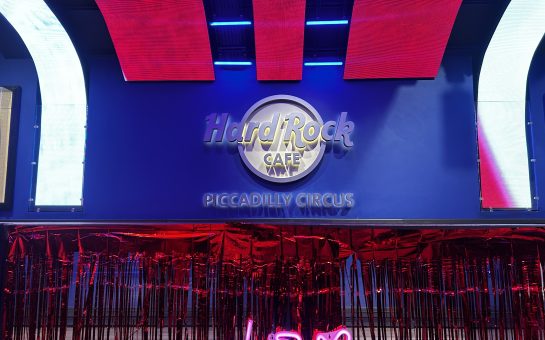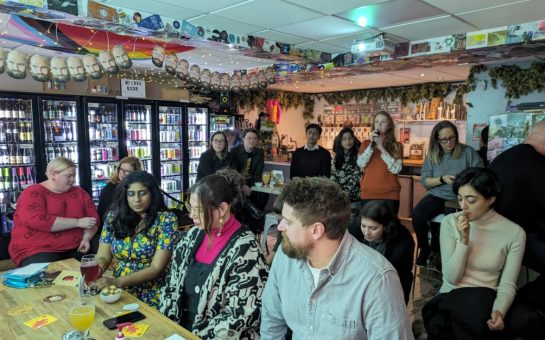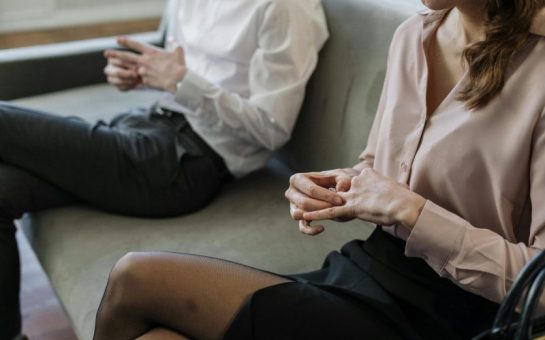In the UK, two women a week are killed by a partner or an ex.

Heavy rain battered Muswell Hill like stone bullets this Valentine’s Day, and I found myself dancing barefoot as I became one person in a billion, in over 168 countries, to rise up against female injustice.
Every minute a video, song, photo or story was uploaded to YouTube, with women dancing to express their rage with fists curled tight and heads held high as the theme song ‘Break the Chain’ was played.
At game parks in Swaziland, outside City Hall in San Francisco and amongst Londoners who danced with the lions at Trafalgar Square in a flash mob, people could be found at the biggest mass action in human history.
The One Billion Rising campaign began in response to the horrifying UN statistic that 1 in 3 women will be beaten or raped during the course of their life. In January 2013, the Ministry of Justice released its first ever Official Statistics bulletin on sexual violence. It reported that a staggering 85,000 women are raped on average in England and Wales every year and that over 400,000 are victims of sexual assault.
Shadow Home Secretary Yvette Cooper said: “In the UK two women a week are killed by a partner or an ex and one in five 999 calls are for domestic abuse. This must not continue. This is an opportunity for us all to stand up and demand action to keep women and girls safe.”
One Billion Rising is a campaign by global movement V Day, which was set up by Eve Ensler 16 years ago to end violence against women and girls.
She believes that it is this latest project, which uses the transformative effects of dance to spread the #Rise4Justice message, that is delivering tangible, political change.
“We are rising for gender, economic and racial justice,” said Eve, who is also the playwright and author behind The Vagina Monologues.
I found something deeply liberating about women using their bodies in a powerful message to end violence, female genital mutilation, rape and abuse.
Dorit Noble, the UK dance trainer of the beautiful free flow Nia dance style (see above) that I participated in, says Nia in particular connects women to body awareness. It has shown remarkable healing benefits on women with eating disorders and low self-esteem which can be a side-effect of domestic abuse whether physical, emotional or mental.
Superstar singer Pink added her support to the campaign by saying: “People get together of their own free will and dance and use their bodies to express their rage and their outrage. We are all equally deserving of respect; I will fight for that right. Our freedom inspires other people to be free.”
As I looked around at the tenacious, strong, proud women that danced with me, somebody’s sister, mother, friend, survivor, I felt an affinity with the other billion people singing ‘Break The Chain’ and rising for what they believe in. Rather than a brief love affair on Valentine’s Day with the notion of ending female injustice there is a sense of real, grass roots revolution in the news feeds showing the world-wide events from the planet.
“We are fanning the fire and allowing that energy to continue so that real laws, real action is beginning to happen,” said Eve.
“We’ve had victories. But now we’re seeing laws instituted and a level of justice like we’ve never seen.”
Since last year’s event there have been tangible changes, from the aptly named City of Joy, a healing and leadership centre for women in the Congo who have suffered some of the worst atrocities in the world, to the creation of new laws protecting children in Guatemala, criminalizing perpetrators who impregnate girls under 14. After the Dehli gang rape which sparked outrage and caused thousands of Indian women to take to the streets demanding change, tough hard-hitting rape laws have been introduced.
Perhaps the young Philippine girls found chanting in the streets of Manila on Friday said it best: “If this is the new world, I want to be part of it.”
Photo courtesy of Steve Rhodes, with thanks.
Follow us @SW_Londoner




